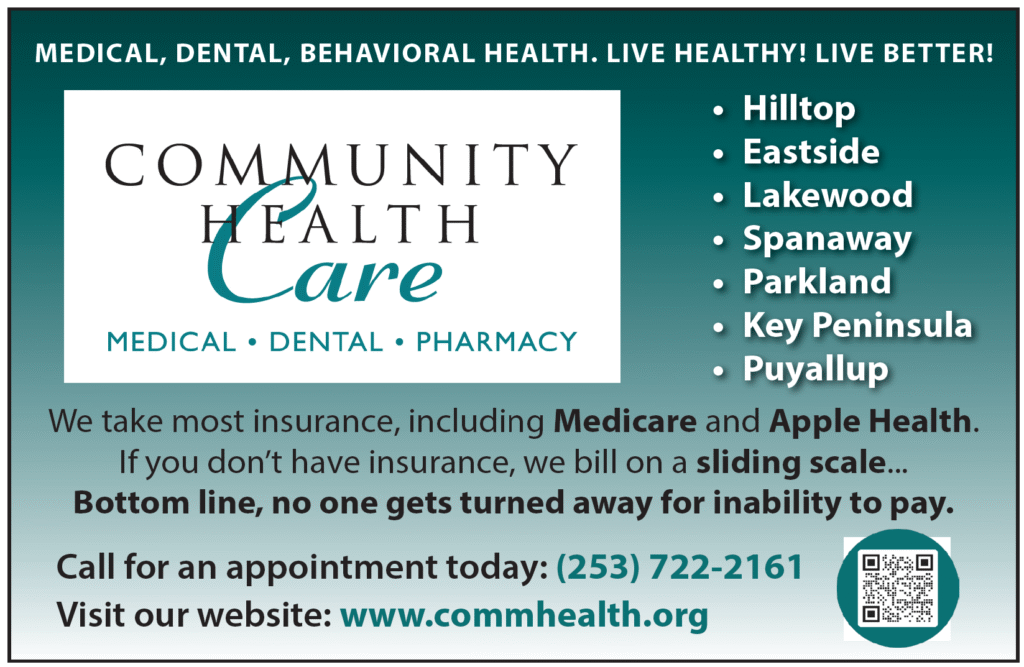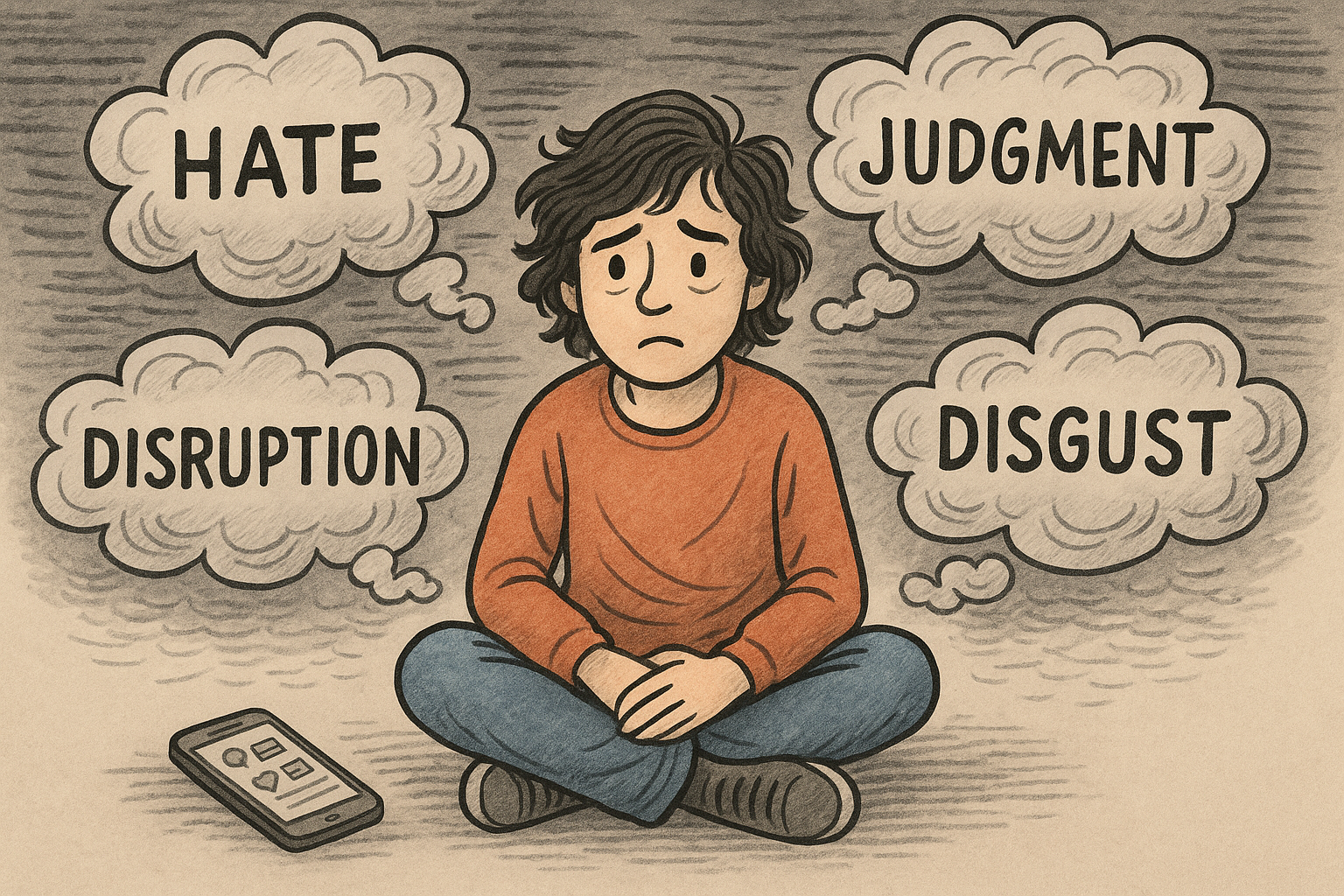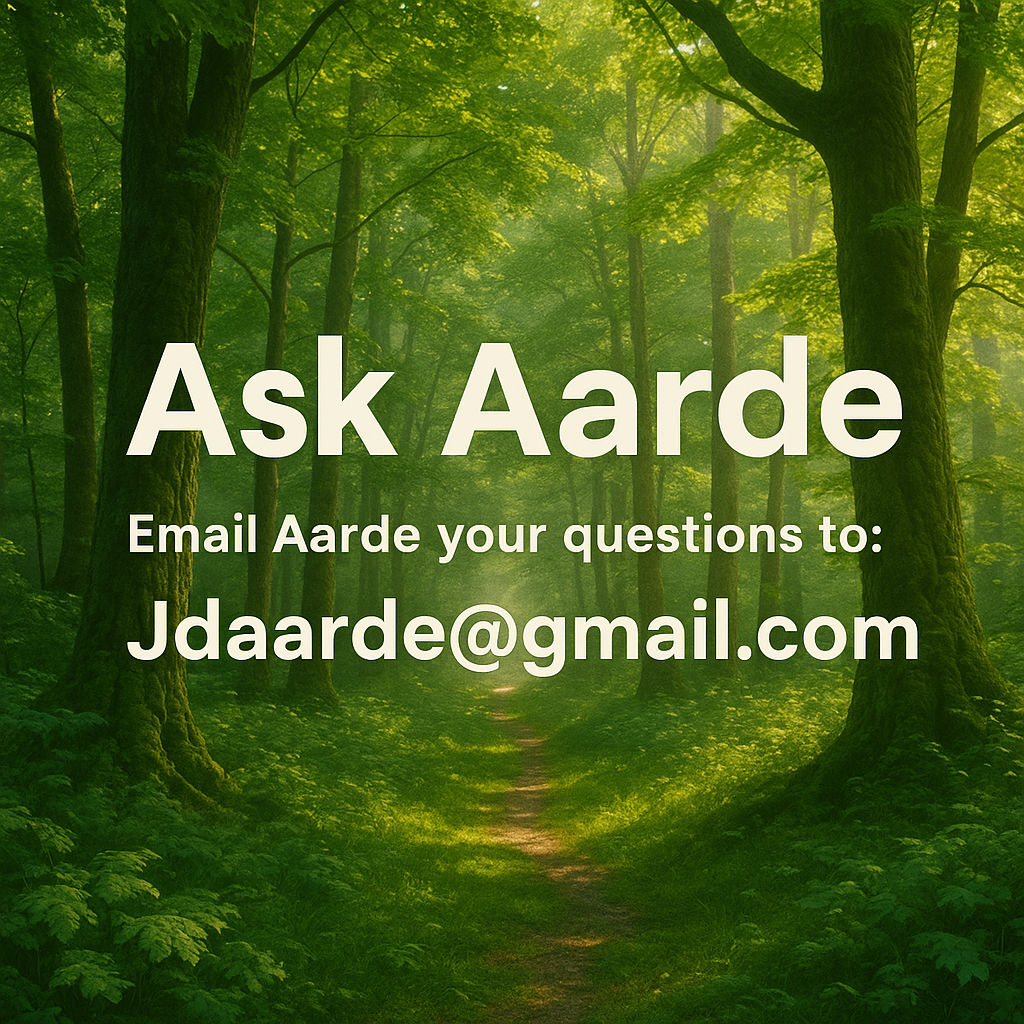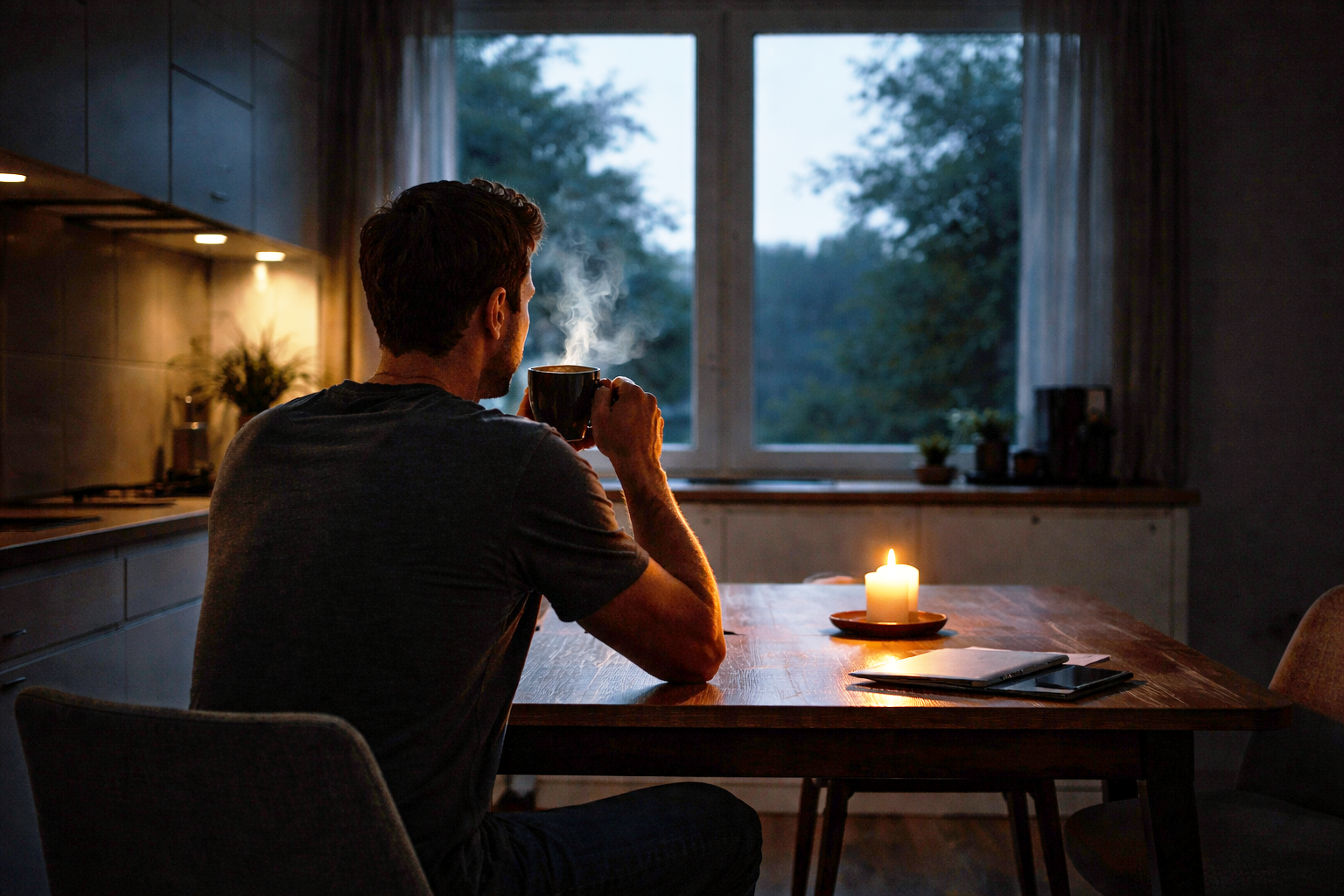BY AARDE WRITES for WEEKLY VOLCANO 9/26/25 |
Hey Aarde,
I don’t know how anyone could be going about life without a worry right now. It is baffling that some people can avoid full meltdown mode with the current news and social media cycle, which is saturated in hate, judgment, disgust, and disruption. I am beyond overwhelmed and waffle between speaking out or shutting up. I feel like I’m damned if I do and damned if I don’t. But what am I even to say? How are you staying grounded through all of this? How can I manage my emotions alongside my ethics and desires for positive change in the world around me?
Signed,
Fiercely Tender
Hey Fiercely Tender,
What you’re feeling is natural; we are not designed to handle the onslaught of negative actions and the intense, constant emotional responses from everyone around us and online. Your entry demonstrates that you are a thoughtful, empathetic person seeking ways to convey compassion amidst the performative noise that often overwhelms you. Which is great—our community needs people like you. It isn’t easy standing on the edge of nihilism, staring into the void, and then fighting your way back toward meaning.
We have a responsibility to use our imagination, rooted in integrity, to stay awake and ethically committed. The news cycle confirms your fears, and social media amplifies the outrage, which can lead to spinning, being frozen, and self-criticism. Our media is an overflowing, toxic 24/7 environment—pushing the vibe that existential decline is irreversible; pouring accelerant onto every social fault line: gender, religion, race, class—until something finally breaks (it’s not politics, it’s physics*), all bookended with cute kitty memes, video shorts of babies cooing, or people falling in love in a deodorant commercial—all while our infrastructures are buckling under the weight of hate on our Mother Earth.
We are at the event horizon of our time here, floating amidst an unmistakable existential dread. But, as some have suggested or even engaged in, the act of surrendering to fatalism and setting it all ablaze is not the answer. Romanticizing the downfall of institutions is not a resolution; this type of behavior is akin to watching a ship sink and calling it poetry. Although a bold refusal of the seduction of entropy as one’s identity does seem like a start to a solution, we can grieve what’s broken without surrendering to the belief that chaos is all that is left.
When people feel powerless, they often crave certainty (amid chaos), community (to feel less alone), and a sense of purpose (a responsibility to help). We live in a time when being chronically online is often required for our jobs or to stay connected to our communities. The dichotomy of watching injustice and feeling powerless, holding onto hope and despair simultaneously, while trying to stay informed without being consumed by it, is not a human system that nurtures nuance, gentleness, or slow processing. We are holding ourselves and others to the expectation that they can keep up with the guidelines of artificial intelligence.
Let’s now discuss the difference between awareness and responsibility to help us transition from being overwhelmed to being intentional with our actions. The bombardment of information can make one feel like they must respond as proof that they care. But truly caring must be sustainable and requires boundaries, intentional responsiveness, and discernment. Wanting to speak the truth but fearing backlash, or desiring to disconnect but feeling guilty as you “tune out” the world around you, is not a sign of weakness. The act of noticing and being informed can often come to your attention without your consent, simply by opening your phone; this can be considered a passive action. The responsibility for what you do with this information is an active process, involving the decision to take action.
Pausing gives you time to identify your core principles—this will guide your actions when you’re ready. By “ready,” I don’t mean you have an obligation to protest, post online, or speak at a local open mic (although if you have the ability, please do); instead, I mean finding ways to support your principles quietly. Try donating what you can to a mutual-aid fund, voting with intention, or listening openheartedly to someone’s pain you don’t understand. Stay grounded by being gentle where the world wants you to be hard. Maintain a sense of moral integrity by choosing a purpose and letting your values outlast the systems that are betraying them.
In the face of chaos, cultivate equanimity through mental reframing and self-care rituals. I have a three-rule solution for staying grounded that always provides the self-care that I crave: Nature, Movement, and Expression.
Nature helps us remember our scale, resilience, indifference, and perspective on the cycles of life. It helps decrease our blood pressure, improves our immunity, lowers cortisol (the stress hormone), and promotes vitamin D production, which we can all benefit from.
Movement is a reminder that your body is not a machine for output only; it is a living, breathing entity. It is an open-loop system that requires energy to be exchanged. When you feel anxious, it is often your body’s way of telling you that you need to move. Double your score by integrating movement with expression (I recommend ecstatic dance, Chinese Pilates, or Tai Chi) to level up your life.
Expression can be in the form of speaking or creating art. Openly talking to someone you trust, allowing yourself to be messy and vulnerable in a safe space, can be an excellent outlet for confusion. Simply telling your best friend, “I don’t know what to do,” can often spur a brainstorming session of ways that you can support each other in standing up for what you believe in. Or you may find yourself choosing silence; the space between overstimulation and knee-jerk reaction is where your ethics reside. It’s okay to explore that corner for as long as you need.
Expressing yourself through art not only slows down time during the unrelenting speed of our world but also connects you to your humanity, reconnects you to the depth of being human, creates a sense of agency, gives you control by reclaiming your power as a “maker,” and lets you process depth without the use of words. Rage becomes rhythm, grief becomes color, confusion becomes texture, numbness becomes tangible. The act of shaping what feels shapeless is an emotionally regulating process.
*Loosely quoted from a clip on Breaking Points with an unnamed TikTok video.






